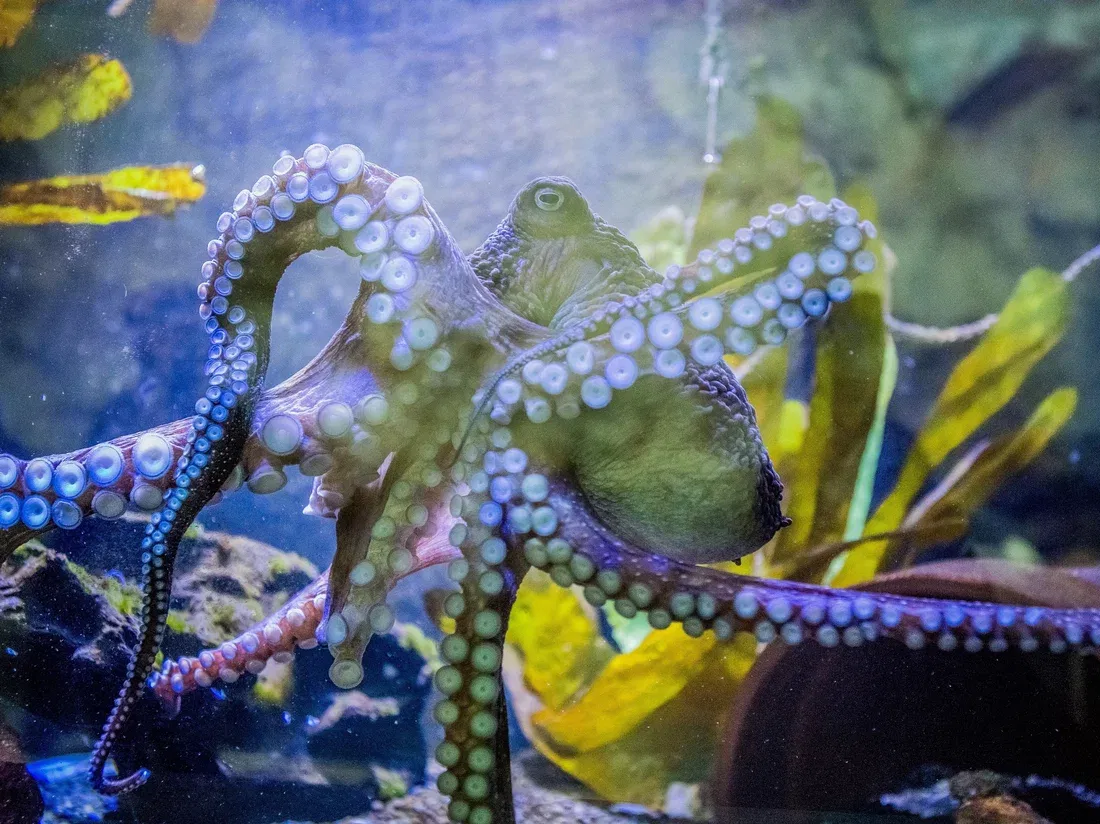California bans octopus farming and the sale of farmed octopuses statewide

SACRAMENTO, Calif. – The California Oppose Cruelty to Octopuses Act was signed into law Sunday prohibiting octopus farming on land and water as well as the sale of farmed octopuses statewide.
The new law, also known as Assembly Bill 3162, would amend the state's Fish and Game Code to include a prohibition on aquaculture activity that involves the, "propagation, cultivation, maintenance, or harvest of any species of octopus for the purpose of human consumption".
"The passing of the OCTO Act [AB 3162] demonstrates California’s leadership in protecting wildlife," said Assemblymember Steve Bennett who authored the bill. "This is how law-making should be done: before investments of financial and human capital are made. These intelligent creatures are not suited for concentrated farming environments."
California now joins Washington state in banning the farming of octopuses and goes further by prohibiting the sale of farmed octopuses statewide.
Similar legislation has been introduced in Hawaii and the U.S. Senate.
According to the Animal Legal Defense Fund, octopuses, "have significant cognitive abilities and can learn new skills, navigate complex mazes, are known escape artists, and even use tools. Due to their complex mental ability, octopuses have high enrichment needs that simply cannot be met in farming environments. Intensively confining these highly intelligent, solitary animals in unnatural farming conditions is inhumane, as there is a high likelihood of stress, aggressive activity, and high mortality among octopuses in these settings. Methods of slaughtering octopuses have historically been highly inhumane, including clubbing, slicing, asphyxiation, and chilling."
One example of just such cognitive abilities was Inky the octopus who successfully escaped from the National Aquarium of New Zealand, making international headlines, and inspiring an Oscar-winning documentary from 2021 bringing the documented intellectual capabilities of the cephalopods to an even broader audience.

"Octopuses are among the most intelligent, complex life on Earth. Farming them is not only inhumane, but poses significant environmental risks," noted Assemblymember Laura Friedman. "Rather than turning to unproven 'farming' methods to raise and slaughter octopuses, we should be protecting our marine ecosystem to better enable marine species to rebound."
Aquaculture facilities used to farm octopuses can increase the risk of nitrogen and phosphorous runoff, contributing to environmental pollution and the likelihood of algal blooms that create low-oxygen zones detailed the Animal Defense League.
Antibiotics and pesticides, already used in salmon farming to combat sea lice, can end up in the diets of wild marine life, disrupting food chains and in the local environment, posing a risk to humans.
